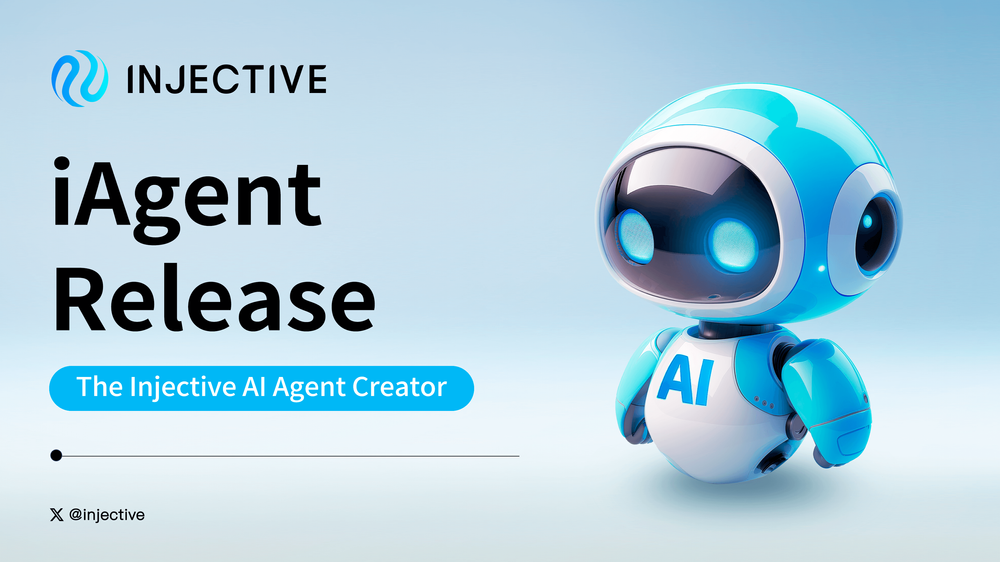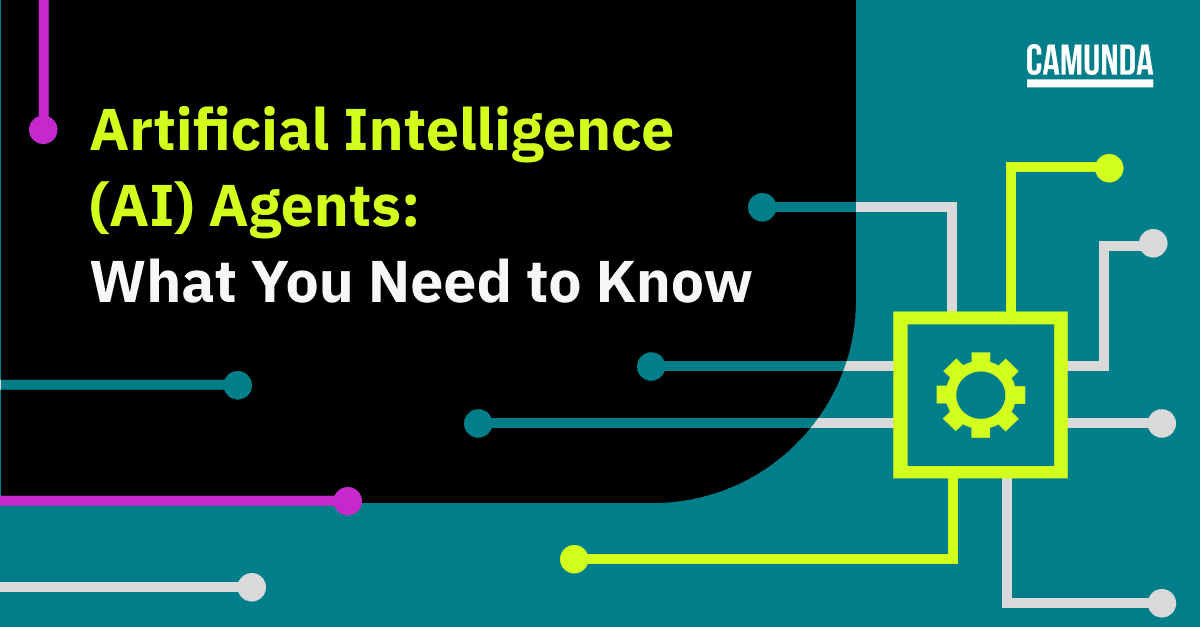Expert Advice To Picking An AI Agent Site For Business
Wiki Article
Ai Agents Can Be Used By Companies To Cut Down On Mistakes That Are Made By Hand In Financial Operations.
Here are 10 tips on how businesses can use AI agents to reduce manual errors in financial operations:
1. Automate Data Entry
AI eliminates data entry errors by:
Using OCR (Optical Character Recognition) and NLP (Natural Language Processing) to extract data from invoices, receipts, as well as financial documents.
Data can be synchronized directly with the financial system, removing manual input.
2. Smart Validation Rules
AI ensures data accuracy by:
Cross-referencing inputs to predefined rules and historical data.
Error detection in real-time, including duplicate entries, unmatched totals or formats that are invalid.
3. Real-time anomaly detection is effective tool
AI identifies discrepancies by:
Examine financial transactions to find any anomalies or patterns that seem unusual.
Alerting users of potential fraud or mistakes prior to them escalating.
4. Standardize Financial Processes
AI is consistent because:
Automate repetitive processes like the calculation of taxes, invoices, and journal entries.
Reduce the variability in manual processing among teams.
5. Predictive Analytics
AI minimizes forecasting errors by:
Utilizing historical trends as well as real time data will provide precise cash flow, revenue, and expenses forecasts.
Identifying the areas that are susceptible to inconsistencies and recommending the corrective action.
6. Automate Reconciliation Processes
AI increases the accuracy of reconciliation of accounts by:
Automatically synchronizing transactions across ledgers.
Highlighting the mismatched items can improve resolution.
7. Deploy Intelligent Approval Workflows
AI reduces human oversight errors by:
Sending financial approvals based on guidelines that are configured to the right people.
Before moving a transaction into the workflow, be sure that it meets certain criteria.
8. Conduct regular data audits
AI simplifies audits by:
Validating and monitoring financial records to ensure compliance with rules.
Reporting that is audit-ready with thorough record of any changes and corrective actions.
9. Integrate AI with Existing Financial Systems
AI reduces integration errors by:
Seamlessly syncing data between ERP, CRM and accounting platforms.
Maintaining consistency, and avoiding data silos.
10. Utilize AI to its fullest with efficient training
AI tools work best with educated users:
Employees need to be trained on how AI tools can be utilized effectively, as well as the knowledge provided by AI.
Inspire AI to be precise when monitoring critical decisions.
By leveraging these strategies, businesses will be able to drastically reduce errors caused by manual processes improve operational efficiency, and free up resources to concentrate on more strategic financial tasks. Check out the top rated AI agent for Customer Account Management for blog tips including AI agent for tax management, AI agent for contract management, AI agent for policy adherence, AI agent for withholding tax compliance, AI agent for document filing, AI agent for competitor news aggregation, AI agent for lead qualifications, AI agent for contract management, AI agent for contract compliance, AI agent for customer inquiries and more.

Ai Agents Are A Great Way To Speed Up Transaction Speeds.
Here are 10 ways businesses could benefit from using AI agents to improve processing times for financial transactions:
1. Automating Data Collection and Processing
AI speed up transactions:
Extracting transaction data directly from invoices or bank statements.
Automated data entry eliminates delays in verification.
2. Real-Time Payment Processing
AI will help you pay faster.
Integrating payment portals with the ability to process transaction in real-time.
Automating payment routing to the appropriate accounts or vendors.
3. Intelligent Approval Workflows
AI streamlines Approvals by:
Automate routing using preset rules and thresholds.
Notifying approvals with context insights and reducing the amount of time in the decision-making process.
4. Optimizing Reconciliation
AI Accelerates Account Reconciliation:
Automated match between transactions in ledgers (bank statements) as well as payment records and bank statements.
AI-driven recommendations can quickly resolve any discrepancies.
5. Predictive Cash Flow Management
AI increases cash flow:
Planning cashflow requirements and optimizing funds allocation.
Prioritizing important transactions to avoid delays in payment.
6. Dynamic Fraud Detection
AI ensures safe and rapid processing by:
Real-time detection of suspicious transactions.
Facilitating the approval of legitimate transactions more quickly by reducing the number of manual reviews.
7. Reducing Redundant Steps
AI eliminates bottlenecks
Eliminating unneeded steps in the workflow of financial transactions.
Make it easier to simplify multi-step processes like payments and international transactions.
8. Smart Dispute Resolution
AI helps speed up issue resolution:
The root cause of the transaction's errors and dispute.
Suggesting and automating corrective actions to reduce interruptions.
9. Enhancing Customer and Supplier Interactions
AI improves collaboration by:
Automated communications with customers on transaction statuses.
AI chatbots provide instant updates at a moment's notice and can answer questions.
10. Integration into Financial Ecosystems
AI speeds up transactions through:
Reduce data silos by effortlessly synching your ERP, CRM, or accounting software.
Automating the entire process for quicker processing of financial workflows.
With the help of AI agents, businesses are able to significantly reduce the time it takes to complete transactions, improve efficiency, and enhance the speed and accuracy of their financial operations. View the best AI agent for Financial Risk Management for blog recommendations including AI agent for complAInt resolution tracking, AI agent for customer knowledge management, AI agent for trAIning documentation, AI agent for service level agreement monitoring, AI agent for backlink analysis, AI agent for contracts, AI agent for performance documentation, AI agent for appointment scheduling, AI agent for ticket escalation, AI agent for billing dispute management and more.

Ten Ways That Businesses Can Utilize Ai Agents To Adhere To Compliance And Regulations
Here are 10 ways that businesses can use AI agents to adhere to compliance and regulations in finance operations:
1. Automating Regulatory Compliance
AI agents streamline reporting by:
Automatically create compliance reports required by regulators (e.g. SEC reports, financial disclosures or tax reports).
In ensuring that all documents are filed on time, you can reduce the risk of being penalized for non-compliance or late filing.
2. Real-time monitoring and analysis of transactions
AI aids in the enforcement of anti-money laundering (AML) and know-your-customer (KYC) laws through:
Continuously monitoring financial transactions to detect suspicious behaviour.
Making transactions marked that might be in violation of compliance rules (such as large or unusual transactions or cross-border payments that require additional surveillance).
3. Automated audits and data validation
AI agents aid in audits through:
Automated checks are conducted to verify that the financial records and transactions conform to internal policies and rules.
Verifying the completeness and accuracy of financial information and alerting you to mistakes or discrepancies that could result in compliance issues.
4. Maintaining Information Security and Privacy
AI can help meet data protection regulations (e.g., GDPR) by:
Securely encrypting transactional and customer information ensures they are safe to be saved and transferred.
Automated consent management to ensure that personal data of customers is only used according to legal agreements.
5. AI-powered Fraud Recognition
AI can help prevent fraud through:
Continuously analyzing transaction patterns for irregularities or fraudulent activities which could be in violation of financial rules.
Machine learning algorithms can be utilized to identify and predict fraud risk. They aid in reducing the risk of violating legal or financial standards.
6. Changes in Regulation Change Recognition
AI can help business stay current by:
Be aware of changes to financial regulations, such as tax laws and reporting requirements.
Automatically updating the systems and procedures within the company to be in compliance with any regulatory changes.
7. KYC and AML Compliance
AI assists in ensuring compliance by:
Automating the identification of customers and verification procedure, assuring that businesses follow KYC requirements.
Comparing the behavior of customers with known risk profiles can aid in identifying money laundering.
8. Risk Management and Assessment
AI increases compliance through:
Constantly assessing compliance risks and predicting them using the historical transactions of financial transactions.
Recommending a plan to minimize identified risks and ensure compliance with regulations.
9. Analysis of Contracts and Documents
AI improves compliance by enhancing compliance in these ways:
Using natural processing of languages (NLP) to analyze contracts, agreements, as well as other legal documents to ensure compliance with regulations.
Automatically identifying clauses or terms that could be in violate legal requirements as well as helping companies avoid committing violations.
10. Tax Compliance Automation
AI simplifies taxation by:
Automating tax filing and calculation to ensure that businesses meet deadlines and adhere to tax laws.
Examining transactional data to determine possible tax benefits, such as exemptions, deductions and exemptions.
Businesses can stay on top of any regulatory changes using AI agents to ensure compliance. They also decrease the risk of mistakes or mistakes. AI agents' capacity to automate and monitor evolving regulations, and also being able to adapt to these changes make them a vital tool for ensuring compliance with regulatory requirements. Check out the top rated AI agent for Risk Assessment and Mitigation for blog tips including AI agent for document management, AI agent for customer feedback collection, AI agent for hipaa compliance monitoring, AI agent for market research summarization, AI agent for salary data validation, AI agent for risk management, AI agent for customer communication, AI agent for complAInt tracking, AI agent for access control management, AI agent for cash application and more.
